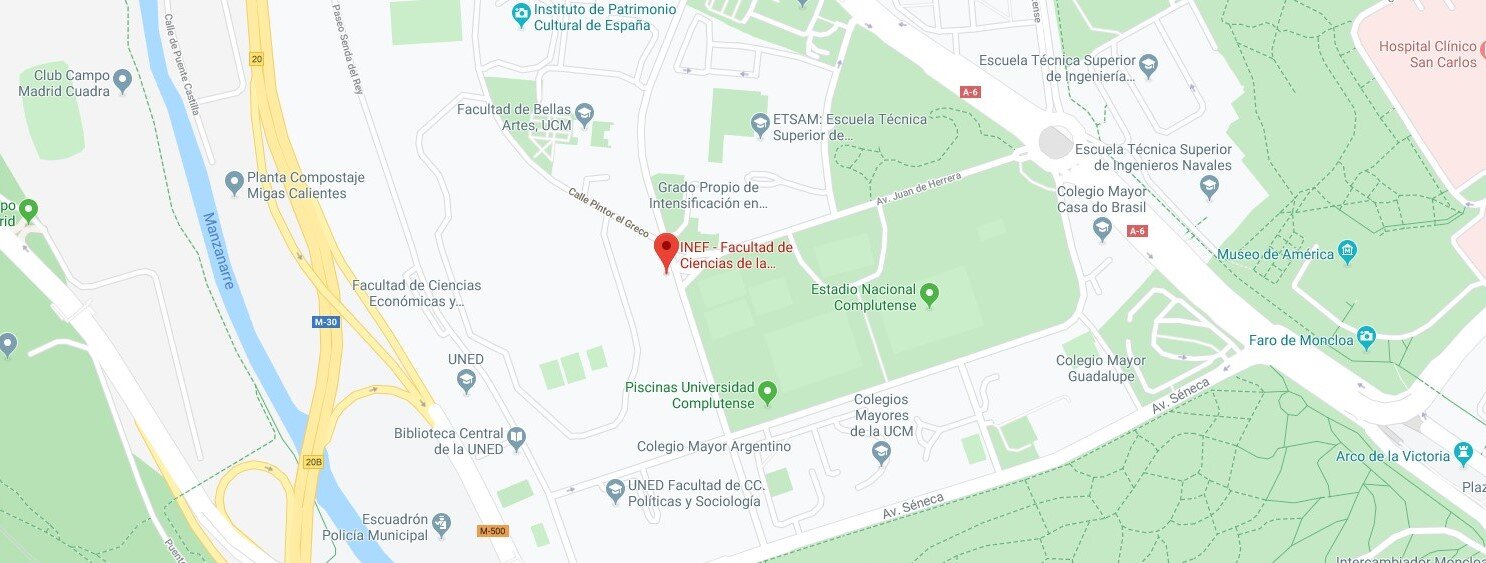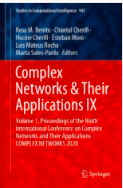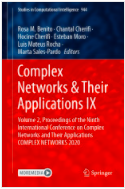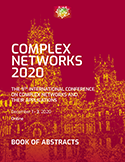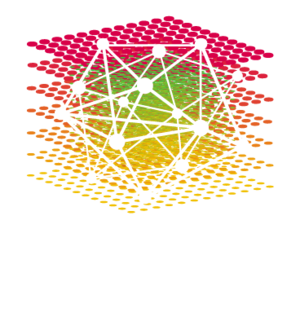
COMPLEX NETWORKS 2020
The 9th International Conference on Complex Networks and their Applications
ONLINE
December 1-3, 2020 - Madrid, Spain
CONFERENCE PROCEEDINGS
The International Conference on Complex Networks and their Applications aims at bringing together researchers from different scientific communities working on areas related to complex networks. Two types of contributions are welcome: theoretical developments arising from practical problems, and case studies where methodologies are applied. Both contributions are aimed at stimulating the interaction between theoreticians and practitioners.
TOPICS
Authors are encouraged to submit both theoretical and applied papers on their research in complex networks. Topics for the conference include, but are not limited to:
- Models of Complex Networks
- Structural Network Properties
- Complex Networks and Epidemics
- Community Structure and Discovery
- Networks, Smart Cities and Smart Grids
- Dynamics on and of Complex Networks
- Link Prediction
- Multiplex Networks
- Network Controllability
- Synchronization in Networks
- Algorithms for Network Analysis
- Complex Networks Mining
- Temporal and Spatial Networks
- Networks Visual Representation
- Large-scale Graph Analytics
- Social Reputation, Influence, and Trust
- Information Spreading in Social Media
- Rumor and Viral Marketing
- Financial and Economic Networks
- Complex Networks and Mobility
- Biological and Technological Networks
- Mobile Call Complex Networks
- Resilience and Robustness
- Graph Signal Processing
- Network Medicine
- Cognitive Network Science
- Networks for Physical Infrastructures
- Motif Discovery
- Political Networks
- Supply Chain Networks
- Complex Networks and Information Systems
- Recommendation Systems and Networks
- Complex Networks and CPS/IoT
- Network Neuroscience
- Quantifying Success through Social Network Analysis
- Bio-informatics and Earth Sciences Applications
KEYNOTE SPEAKERS

Leman AKOGLU
Carnegie Mellon University, USA
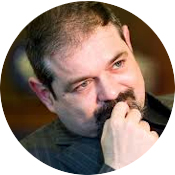
Stefano BOCCALETTI
Florence University, Italy

Fosca GIANNOTTI
KDD Lab Pisa, Italy

János KERTESZ
Central European University, Hungary
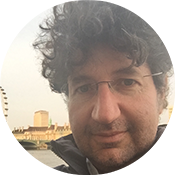
Vito LATORA
Queen Mary, University of London, UK
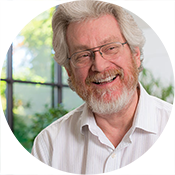
Alex ‘Sandy’ PENTLAND
MIT Media Lab, USA
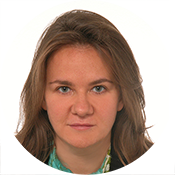
Nataša PRZULJ
Barcelona Supercomputing Center, Spain
TUTORIALS
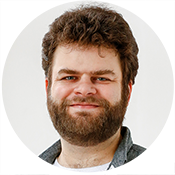
David GARCIA
Complexity Science Hub Vienna, Austria
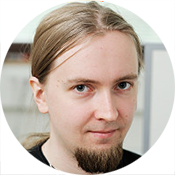
Mikko KIVELA
Aalto University, Finland
VENUE
Madrid
Madrid is the capital of Spain, and is home to the Spanish Royal family as well as the Spanish Government. It is a modern metropolitan city and an economical and industrial center of Spain, and, with its population of nearly 3,5 million people, is also the biggest city in Spain. It is located in the centre of the Iberian Peninsula, and is surrounded by mountains and natural parks. Although it is located in the centre of the country, it has traditionally been the hub between different areas of Spain.
Madrid has a lot of interesting attractions that offer both culture and amusement. The city is full of great monuments, like the royal palace, the Plaza Mayor or the many statuettes, and for people interested in art, the museums Del Prado, Reina Sofia or Thyssen have some of the most fantastic collections of famous Spanish painters like Velazquez, Goya, Picasso or Miro. If you like going out at night, Madrid has a very interesting nightlife throughout the whole week and which is available all year round. You can either go out for a tapa (Spanish snack), eat at a very nice restaurant, go to the cinema or one of the many theatres, or find nearly any type of bar or disco.
